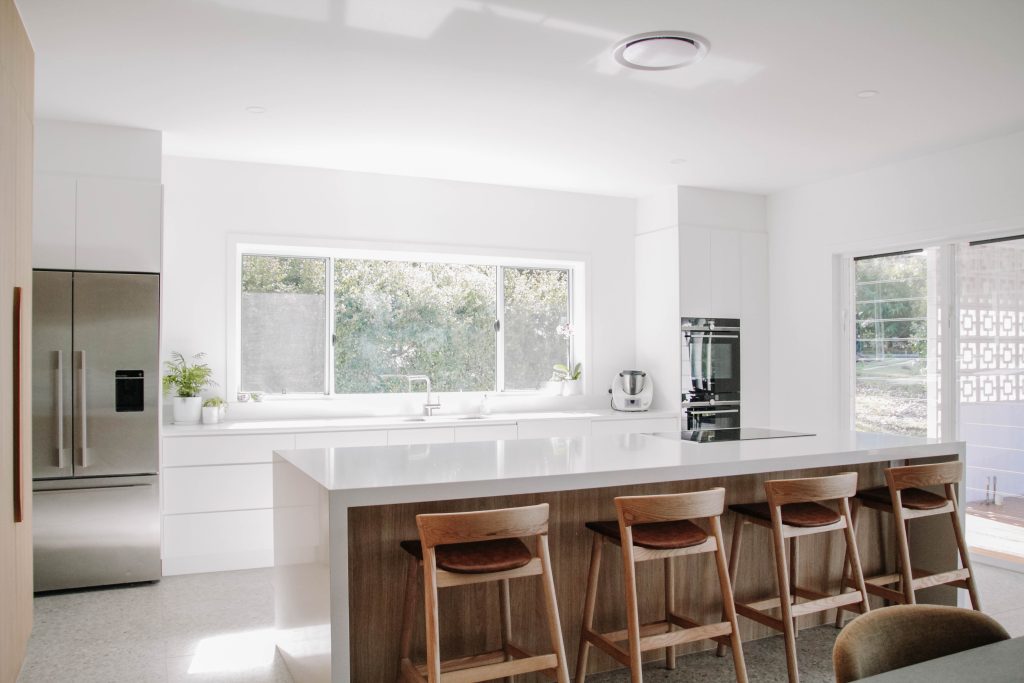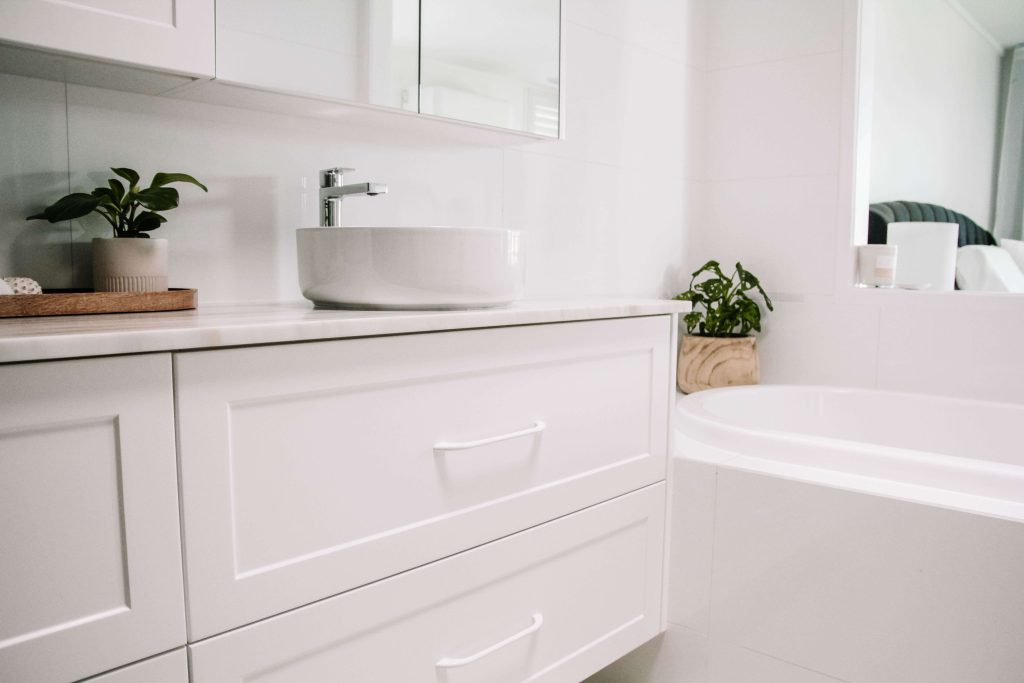Where do you start?
And how do you make sure you get it right?

If you’ve chosen to start the renovation process on your home but you haven’t taken on a project like this before or if it hasn’t gone well in the past, read on!
Home renovations, whether it’s a bathroom, kitchen or even just storage updates, can greatly improve the functionality and aesthetics of your home as well as adding value. However, the costs associated are often significant and without thorough planning and organisation these costs can quickly add up. Careful consideration and realistic expectations can go a long way in making the renovation process much more enjoyable for everyone involved.
Below are 5 tips to help you plan purposefully for your renovation (or new build for that matter!).
1. Work out your budget and stick to it!!
Definitely not an exciting part of renovating but one of the most important things to get right! Plan out which areas of your home need renovation and what you can realistically afford to spend updating your home. Also consider whether you will need to do it in stages or if you can afford to do it all in one go.
Make sure you are considering all the “boring but necessary” aspects of renovations and whether you need to allow money for those things, things like plumbing upgrades, lighting updates etc.

IMPORTANT TIP
Before you start renovating, spend time thinking about what you really want to change about existing features of your home from a functionality sense – not just appearance! What works well? And what are you eager to change ASAP?!
2. Focus on the house as a whole
Do you need a new kitchen?
Before you start updating individual rooms of the house it’s a good idea to think about whether any layout changes would be beneficial to the house overall. So many homeowners have been caught out after updating one room and then realising that the adjoining rooms would have worked much better with some small changes but it is too costly to change now.
It’s also important to consider what existing features of the house will remain after the renovation and whether the house will look cohesive based on the style you’re going with.

3. Spend where it counts!
There are some things that are easier to change than others, for example, paint colours, appliances, handles etc. Other things are much more difficult – including things like flooring, benchtops, layout changes, tapware.
Really think about which elements of your renovation that you would like to stand the test of time.


4. Get the pros involved!
If you’re willing and keen there are some aspects of your renovation that can work well with a DIY approach but certain aspects fall into the “hire the professionals” category. From both an experience and speed perspective but also a quality and legal requirement aspect. Experienced trade professionals come with a wealth of knowledge and can often help to foresee any potential issues as well as offering ideas that you may not have considered.
Small changes can make big differences to costs too and often they are the best people to advise on ways that you could reduce costs without compromising the design and finishes. This can have hidden bonuses, such as being able to afford a more expensive material/product as they’ve considered how to design in a way that uses it efficiently and with reduced waste.

IMPORTANT TIP
When meeting with trades to discuss your project, it’s always a good idea to have plans or images to portray what you’d like to achieve. The more precise the better so that you know everyone is on the same page!
5. Plan for Future work
Make sure you discuss any future plans you have for your house with your trades, whether they are just ideas at this stage or if they are more concrete plans that will happen at a later date.
Having some of the provisional work done during the first stages may save costs and “re-work” later down the track and your tradespeople are the best to advise on when it is easiest/cheapest to install these provisions. For example, adding provisions for a plumbed in fridge when doing other plumbing work may be a small cost now but would be prohibitively expensive later on.


